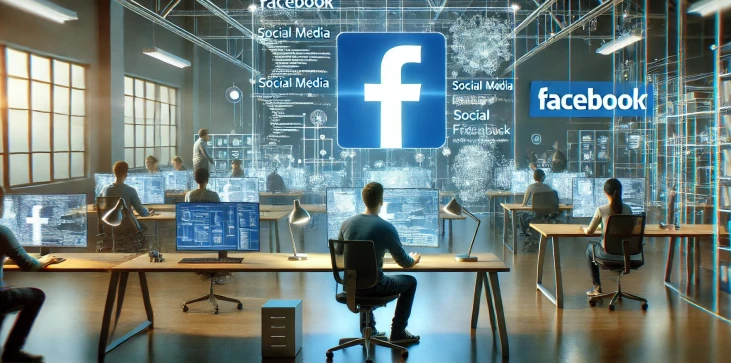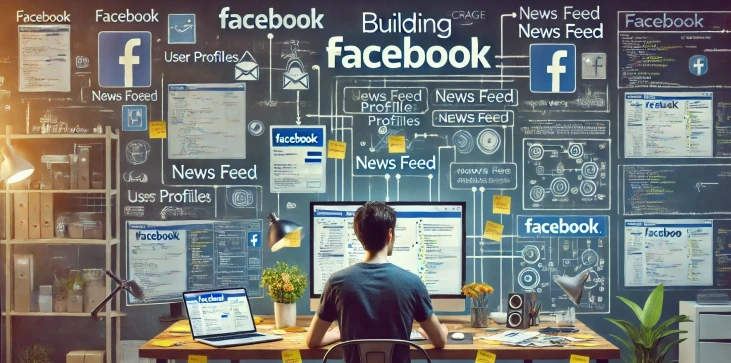
Facebook, now part of the larger parent company Meta Platforms, has evolved significantly since its founding in 2004 by Mark Zuckerberg and his college roommates at Harvard University. Over the years, as Facebook expanded into a global tech powerhouse, questions about its ownership became more complex. Though it is publicly traded, the core of Facebook's control remains with Mark Zuckerberg, who retains significant power over the company's direction and decisions. This article delves into who owns Facebook, how its ownership is structured, and the major shareholders who influence this social media giant.
In October 2021, Facebook rebranded as Meta Platforms, signaling a shift toward developing the "metaverse." Despite this change, the company's ownership structure remains largely the same, with Zuckerberg still in control. Meta Platforms now encompasses Facebook, Instagram, WhatsApp, and Oculus, among other subsidiaries, making it a diversified tech conglomerate. Shareholders of Meta include institutional investors, hedge funds, and individual investors, but Zuckerberg’s unique share structure ensures his control.
The ownership of Facebook is unlikely to change dramatically in the near future. As long as Zuckerberg retains his majority voting power, he will continue to steer the company's future. However, as Meta diversifies into new technologies like virtual reality and the metaverse, shareholder influence may evolve. The growing public scrutiny over social media platforms’ influence on society could also pressure changes in governance and ownership in the long term.
As Facebook continues to grow and evolve, questions remain about whether Zuckerberg’s control will diminish in the future. So far, there has been little indication that he plans to step down or reduce his influence. However, as the tech industry faces increasing scrutiny and regulation, it is possible that external factors, such as government intervention or shareholder activism, could impact the structure of Facebook's ownership. The question of who owns Facebook is multifaceted. While Mark Zuckerberg remains the dominant force behind the platform, ownership is shared among public investors and institutional stakeholders. The transition to Meta Platforms Inc. has only reinforced Zuckerberg's control, making it clear that he will continue to shape the future of the company. However, with the ever-evolving tech landscape, it will be interesting to see how Facebook’s ownership structure adapts in the coming years.

Mark Zuckerberg owns approximately 13% of Meta’s total shares. However, he holds a majority of the Class B shares, which gives him about 58% of the voting power, allowing him to maintain control over the company.
Facebook's IPO in 2012 allowed the public to purchase Class A shares, making the company publicly traded. While it brought new investors into the fold, Zuckerberg retained control by holding the majority of Class B shares with higher voting power.
Institutional investors like Vanguard Group, BlackRock, and Fidelity own significant amounts of Meta’s public shares. While they don’t have substantial voting power compared to Zuckerberg, they can influence the company’s financial performance and have some say in governance through shareholder meetings.